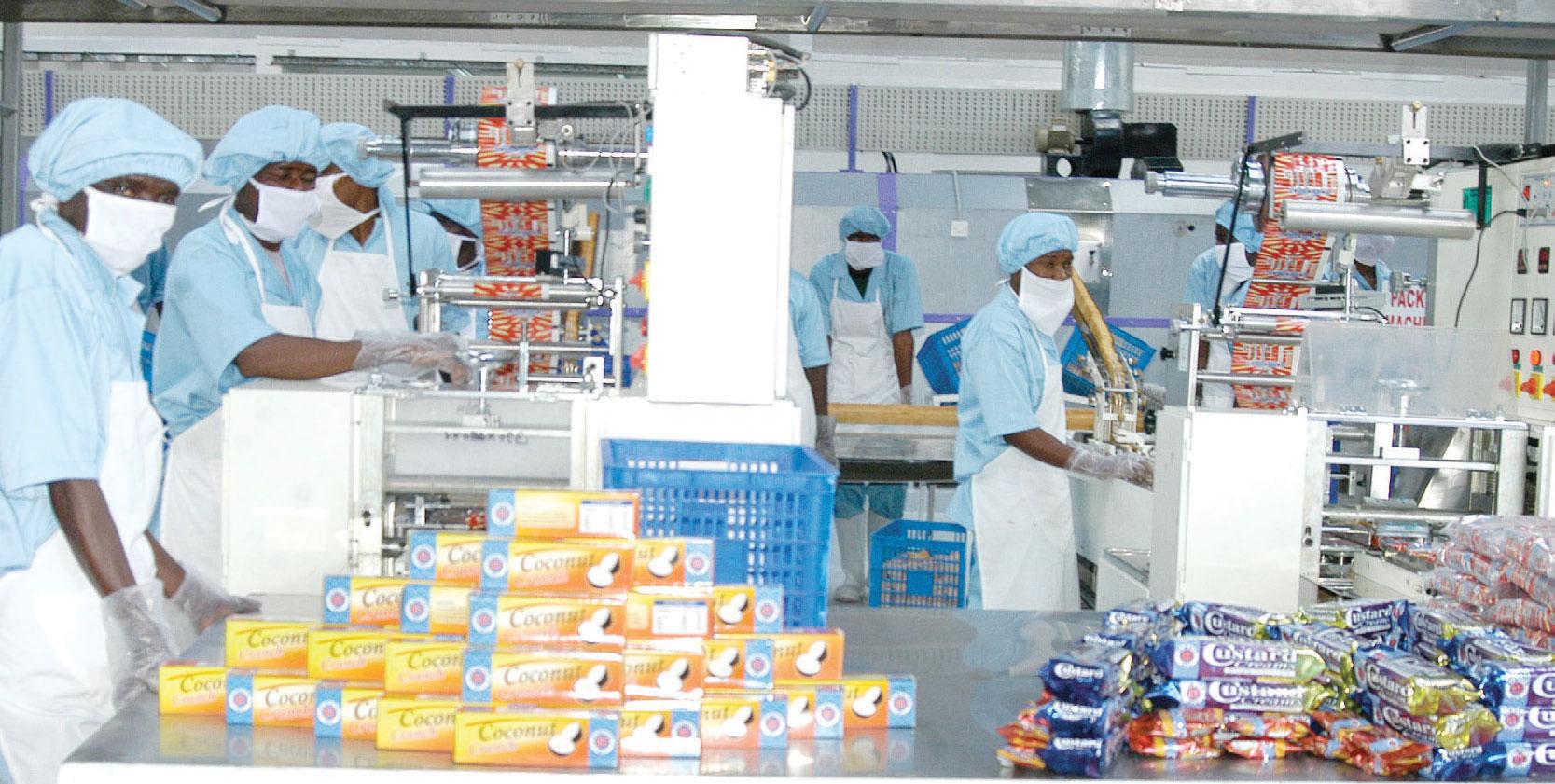Africa-Press – Malawi. A recent World Bank Business Pulse Survey (BPS) has revealed that most local businesses are struggling, with many of them recording a significant drop in sales.
The World Bank has disclosed this in the 16th Malawi Economic Monitor (Mem) released in Lilongwe on Thursday. According to the Mem, escalating foreign exchange shortages and rising input costs put pressure on already strained enterprises.
It says micro and small enterprises have been especially affected, with few buffers and limited access to finance to bridge episodes of pressure. “The World Bank Business Pulse Survey interviewed 1,200 small enterprises in October 2022 and found that two-thirds of businesses report a decrease in sales compared with a year earlier.
“Sales declined by 21 percent on average. Many enterprises are on the brink of financial unviability, with one-quarter reporting existing or imminent arrears and 14 percent insolvent or on the brink of insolvency,” the Mem reads.
It adds that two-thirds of surveyed businesses believe that increased non-labour input costs negatively affected their profits, while foreign exchange unavailability is seen as a threat to profitability by more than three quarters.
“Three-quarters also re-port difficulties in accessing finance, which could be used to overcome such impasses.
“However, small businesses are optimistic about their future, with half of BPS interviewees expecting a sales increase during the next year,” the Mem says.
Malawi Confederation of Chambers of Commerce and Industry Director of Policy and Advocacy Madalitso Kazembe Sunday admitted that businesses have struggled due to the forex shortage regime.
“Forex challenges have put a huge strain on businesses. Most businesses in the country rely on imports to operate their businesses. The shortage or lack thereof has resulted in slow-down of business operations and in some cases a complete halt in product lines
“Companies in the manufacturing sector are finding it very hard to import raw materials which are very critical in production. SMEs and those in wholesale and retail trading have also not been spared,” Kazembe said.
Indigenous Businesses Association of Malawi President Mike Mlombwa also bemoaned acute shortage of forex. According to Mlombwa, most businesses have downsized, with others completely halting operations due to the shortage.
He added that apart from the forex shortage, businesses have also struggled due to the high cost of borrowing. On Thursday, Malawi University of Business and Applied Studies Associate Professor of Economics Betchani Tchereni blamed the private sector for the shortage of forex in the country. According to Tchereni, forex is a result of exports, which is the responsibility of the private sector and not the government.
For More News And Analysis About Malawi Follow Africa-Press






